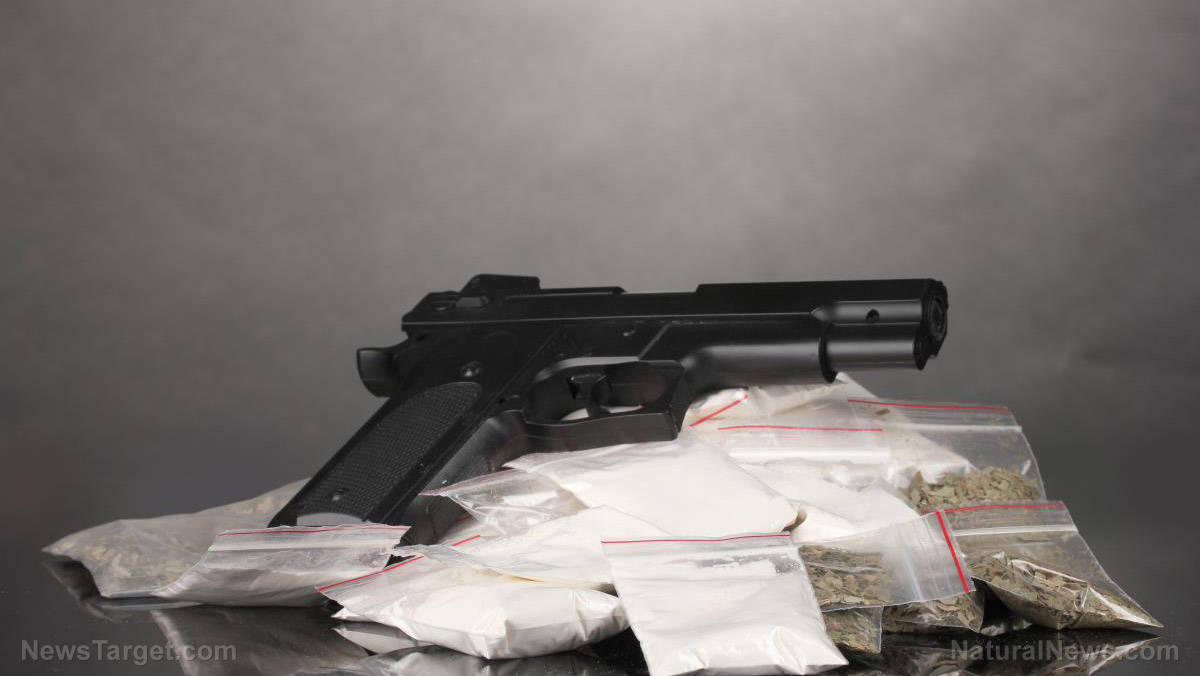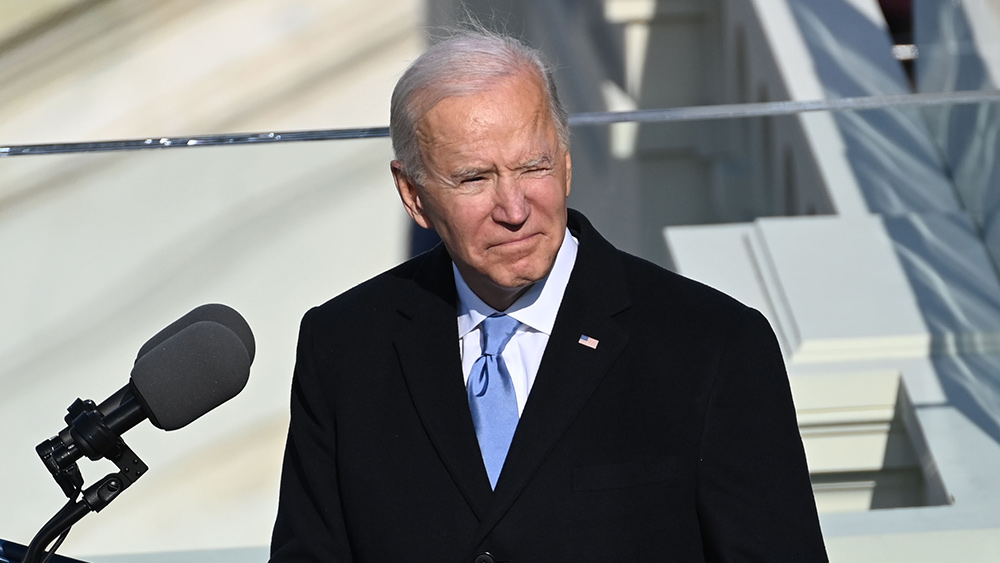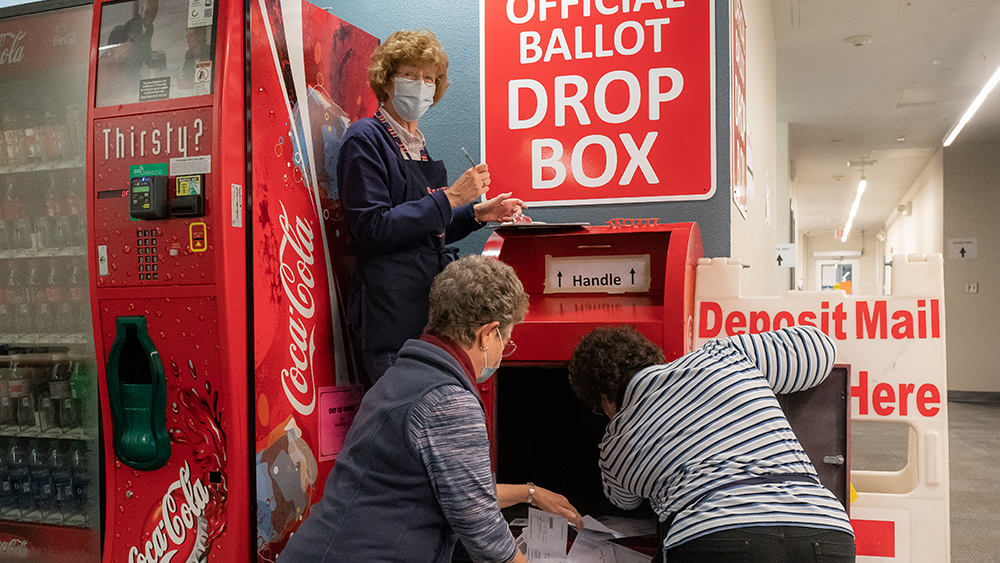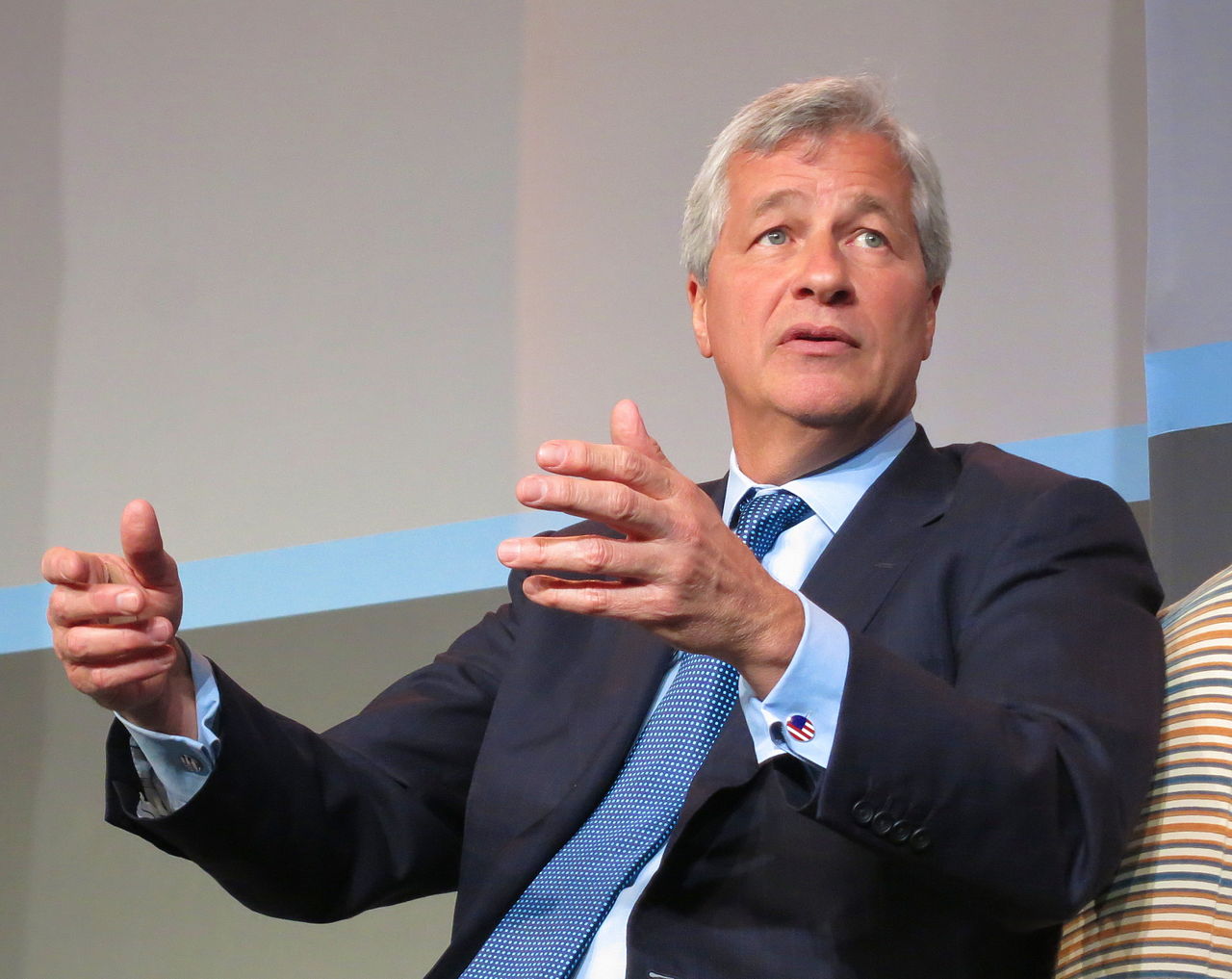Canada says NO to guns but YES to drugs
11/02/2022 / By Kevin Hughes

The Canadian province of British Columbia is about to decriminalize possession of small amounts of illicit drugs after a year in which more than 2,000 people died of drug overdose.
British Columbia requested for an exemption to the current criminal code and was subsequently given a three-year window to test pilot the program. (Related: Canadian cities, US state seek to legalize drug use as overdose rates climb.)
The program permits adults to possess up to 2.5 grams of opioids, cocaine, meth and MDMA. Opioids include drugs such as codeine, fentanyl, heroin, hydrocodone, hydromorphone, meperidine, methadone, morphine, opium, oxycodone and oxymorphone. A person can possess multiple drugs, but the total amount cannot surpass 2.5 grams.
The drugs themselves remain illegal, but those found with less than the recommended amount will not be arrested, charged or have their drugs confiscated as long as they are for personal use. Possession of those substances on school grounds, childcare facilities and airports would still be deemed criminal possession. Also excluded from participation are members of the Canadian military.
According to a BBC report, the province requested the federal government for the exemption “to remove the shame that often prevents people from reaching out for life-saving help.”
“We are doing this to save lives, but also to give people using drugs their dignity and choices,” said Canada’s Federal Minister of Mental Health and Addictions Carolyn Bennett.
Bennett is hoping that the “scheme” will become the model for other provinces across Canada.
Vancouver Mayor Kennedy Stewart said this move “marks a fundamental rethinking of drug policy that favors healthcare over handcuffs.”
The program is set to be in effect from January 31, 2023 to January 31, 2026.
More than 9,000 people in British of Columbia have died of drug overdose over the past six years. Calls to change drug possession laws have been coming from several public health officials across the nation, including the Canadian Association of Chiefs of Police.
Trudeau declares new law that prohibits purchasing, selling and trading of handguns in Canada
Meanwhile, Canadian Prime Minister Justin Trudeau recently declared a new law that prohibits purchasing, selling and trading of handguns in the country.
Canada’s nationwide ban on handgun sales, purchases and transfers took effect on October 21. This means that people cannot buy, sell or transfer handguns within Canada, nor can they bring newly acquired handguns into the country.
“With handgun violence increasing across Canada, it is our duty to take urgent action to remove these deadly weapons from our communities,” Trudeau said. He declared the handgun freeze in May, a week after 19 children were killed in a school shooting at an elementary school in Uvalde, Texas.
The Canadian government said it has seen rapid growth in the number of guns in the country over the past decade, with 70 percent more handguns in Canada than there were in 2010.
“We cannot let the gun debate become so polarized that nothing gets done. We cannot let that happen in our country,” Trudeau said.
With these developments, it appears that Canada is willing to go easy on the root cause of many crimes – but not on something that can help stop those crimes.
Follow Addiction.news for more news related to illegal drugs, and Guns.news for more news related to guns.
Watch the video below about the decriminalization of drug possession in British Columbia.
This video is from the channel Mike Martins Channel on Brighteon.com.
More related stories:
Canada mulls giving drug users a “safe supply” of illicit substances.
Poll in pro-gun control Washington, DC finds 75% OPPOSE measure against Second Amendment.
Sources include:
Submit a correction >>
Tagged Under:
addiction, banned, big government, British Columbia, Canada, cocaine, crime, drug overdose, fentanyl, freedom, gun ownership, handguns, insanity, Justin Trudeau, Liberty, national security, opioids, stupid, Tyranny
This article may contain statements that reflect the opinion of the author
RECENT NEWS & ARTICLES
COPYRIGHT © 2018 BANNED.NEWS
All content posted on this site is protected under Free Speech. Banned.news is not responsible for content written by contributing authors. The information on this site is provided for educational and entertainment purposes only. It is not intended as a substitute for professional advice of any kind. Banned.news assumes no responsibility for the use or misuse of this material. All trademarks, registered trademarks and service marks mentioned on this site are the property of their respective owners.



















